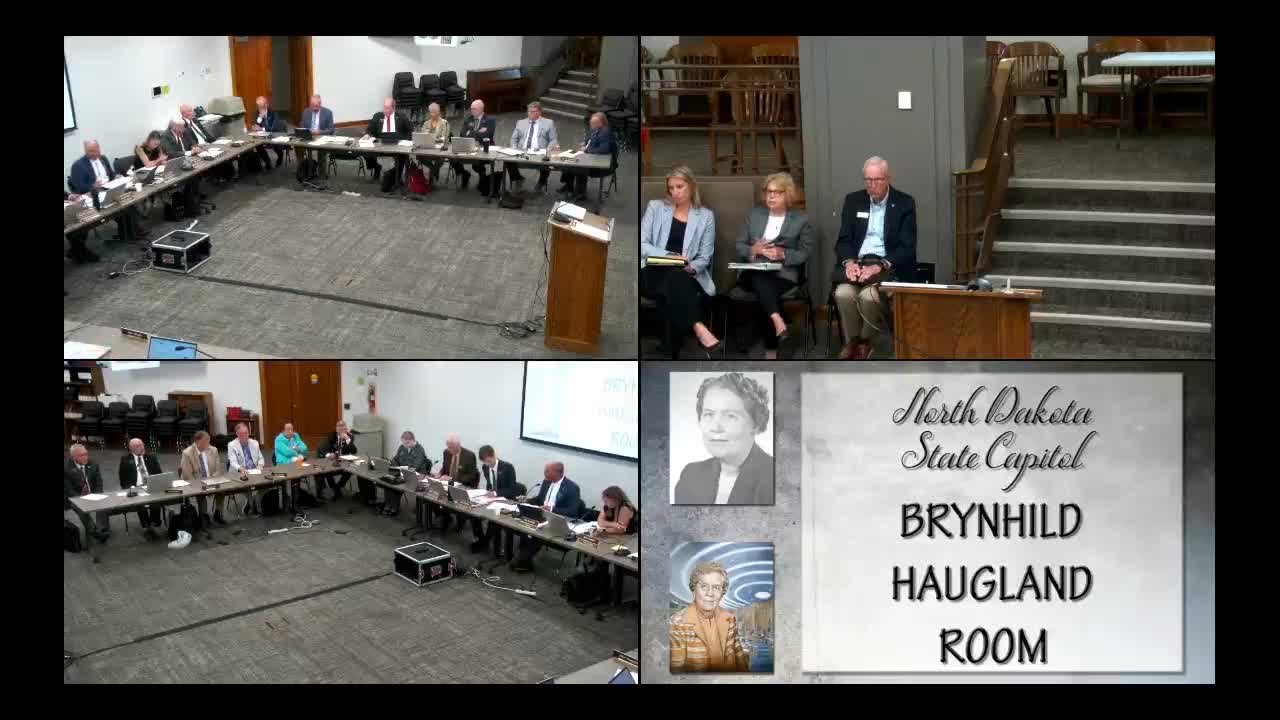Article not found
This article is no longer available. But don't worry—we've gathered other articles that discuss the same topic.
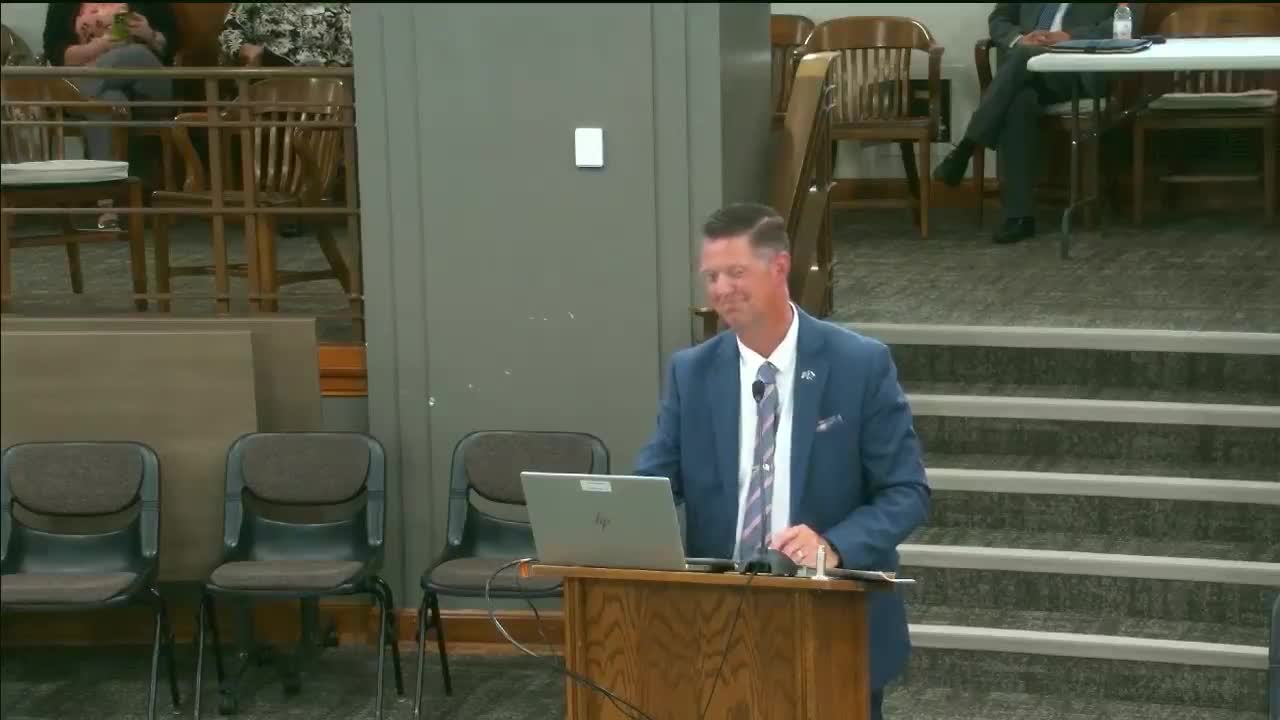
Mayville State audit finds six control weaknesses; university says steps underway to fix problems
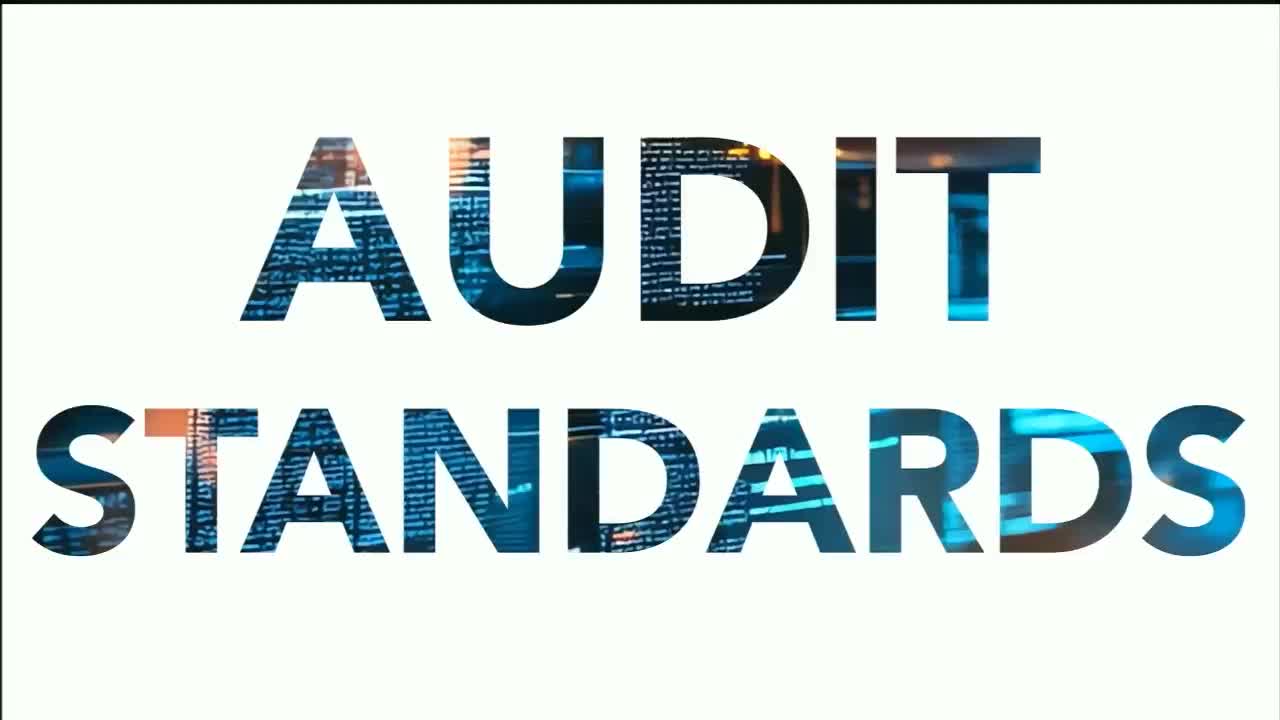
Auditors flag bank‑reconciliation and controls weaknesses at several universities, urge follow‑up
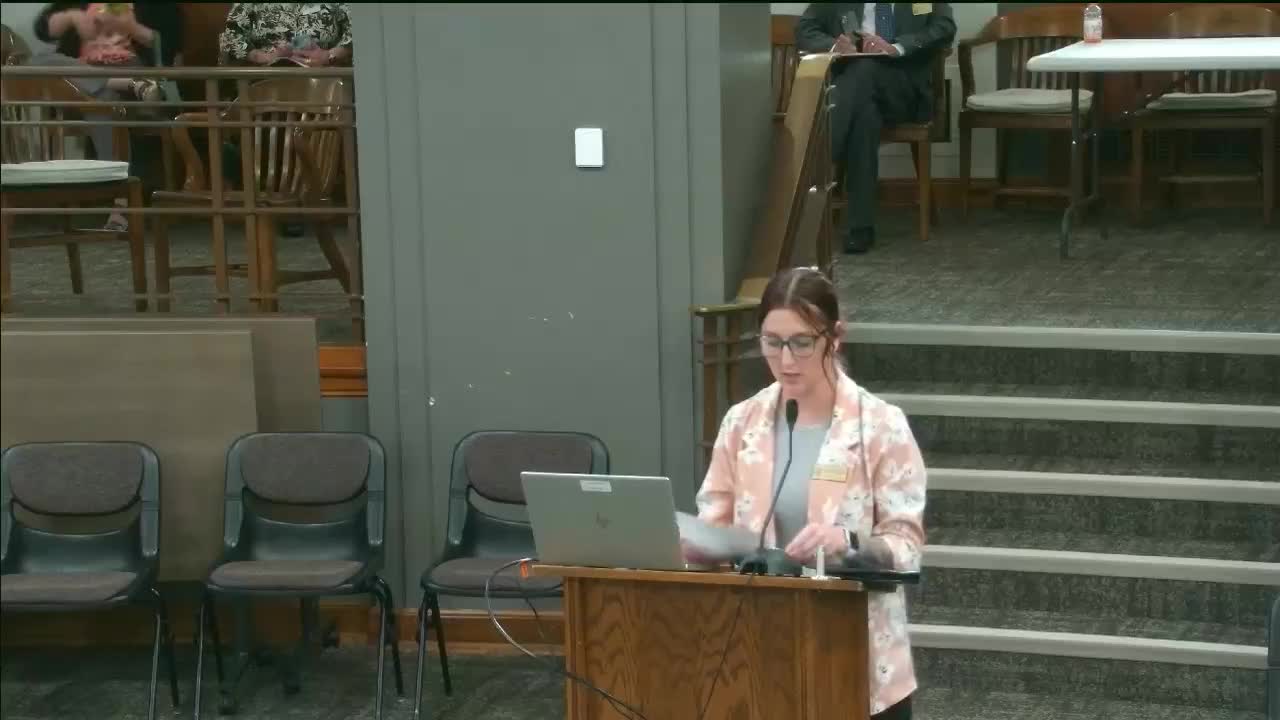
Statewide single audit finds $75.6 million in questioned federal costs, largely tied to COVID/ARPA-era projects
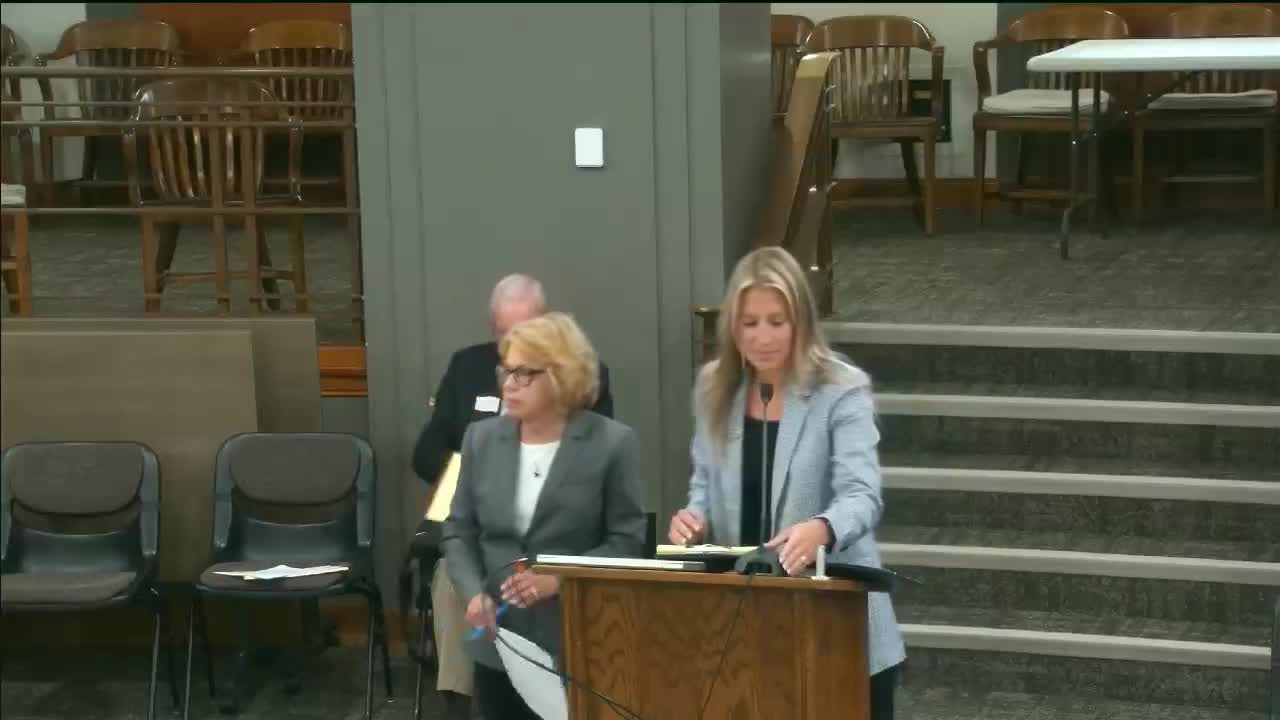
Legislative audit committee asked to resolve unanswered questions about Burlington Drive lease after Ethics Commission report
